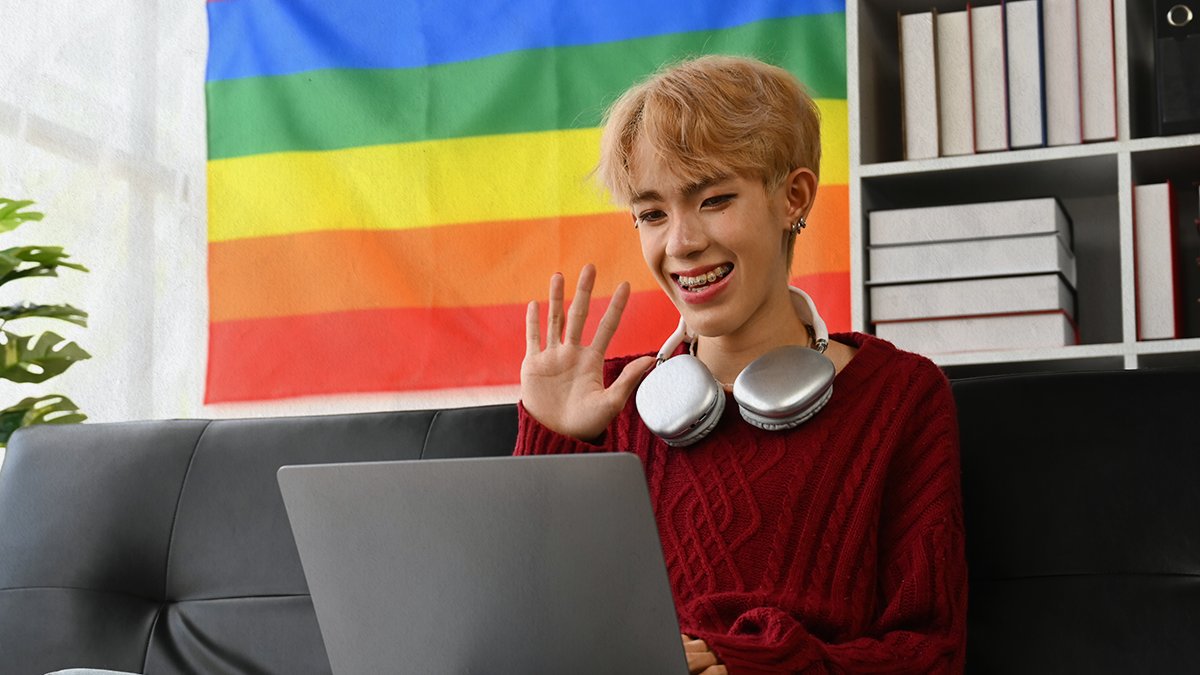
Diversity is great. But have you heard of inclusion?
23/05/2024 | Agência Fome | PostsThe acceptance of people with disabilities, LGBT+, black people, the elderly, indigenous people, among others, has finally gained ground in recent years and has opened up important discussions about the much talked about (and dreamed of) diversity.
Currently, this is a constant topic that is increasingly gaining ground as an agenda that must be defended, especially in companies that want to stay up to date. But diversity alone, unfortunately, does not open doors.
Learn more about the difference between diversity and inclusion.
Intersectionality and its variations
Diversity is celebrated in many spaces today, with companies and institutions highlighting the importance of a diverse workforce. However, true inclusion goes beyond acknowledging differences; it’s about creating environments where everyone, especially LGBT+ people and their intersectionalities, can thrive.
Intersectionality is the interaction or overlap of social factors and related systems of oppression, domination or discrimination, which define a person’s identity and the way this will impact their relationship with society and their access to rights.
While the visibility of LGBT+ individuals has increased, many still face unique challenges that require specific solutions. These are people who belong to more than one type of minority, groups that are often marginalized by society.
LGBT+ people who also belong to other minority groups, such as women, black people, indigenous people, the elderly or people with disabilities, often face an exacerbated form of discrimination due to their intersectionalities. The combination of different forms of prejudice can hinder access to employment, education and health opportunities.
For example, an older Black trans woman may face significant barriers not only due to transphobia, but also racism, ageism, and sexism.
Okay, but how to deal with this issue?
To address these issues, it is essential that diversity policies translate into real inclusion practices. This includes implementing mandatory training on unconscious bias and intersectionality for all employees, as well as zero-tolerance policies for discrimination. Mentoring programs specifically for LGBT+ people and psychological support are equally important to foster a welcoming and safe environment.
Effective inclusion also requires that the voices of LGBT+ people are heard and valued in decision-making. This means having representation at all levels of the organization, from the most junior positions in the company to the boardroom. True inclusion is not just about being present; it is about being respected and having the opportunity to contribute fully.
Here at FOME, we established a Diversity Committee in 2022. With the initial aim of being a catalyst for LGBT+ voices within the agency, to approve speeches for the Parada SP, delivered with more truth and intention, the Committee ended up being a guide for future hires and internal programming ideas, promoting equality among all employees.
Only then can we build a society where everyone has the chance to reach their full potential, regardless of who they are or where they come from.